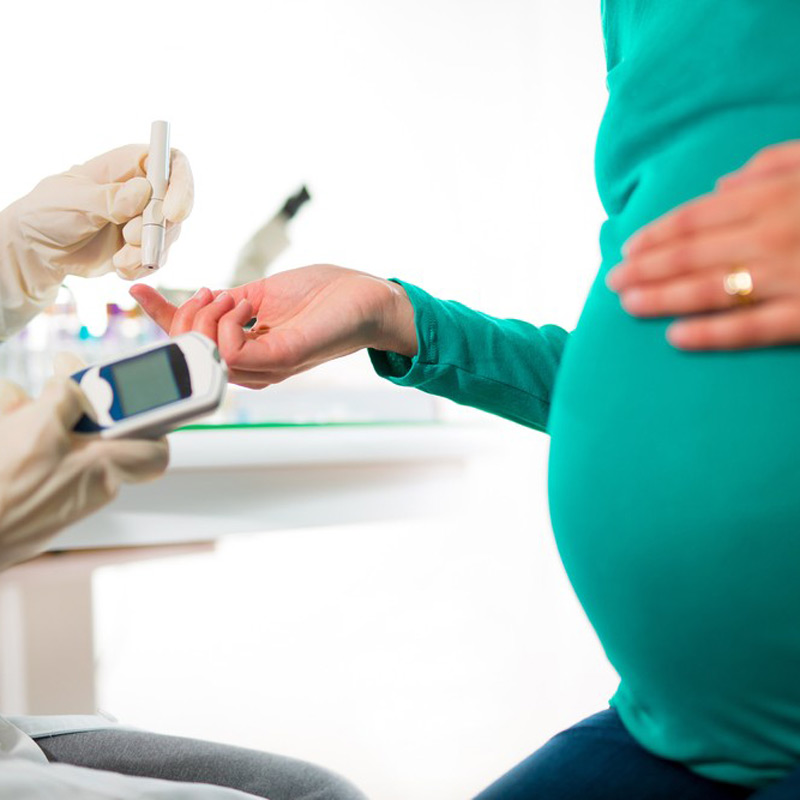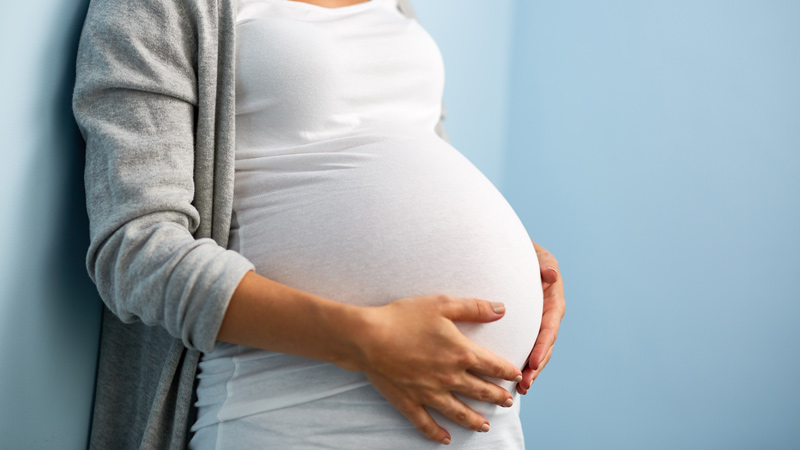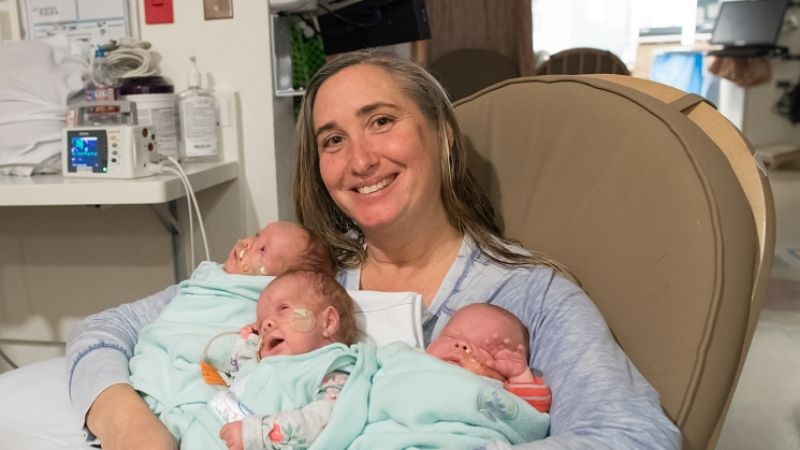Out of the nearly four million babies born in the United States each year, about 10 percent of these pregnancies may be considered “high risk.” When a pregnancy is deemed “high risk,” a physician will pay closer attention to the pregnancy. A pregnancy may be high risk due to a medical condition that a mother had prior to pregnancy, including diabetes, hypertension or epilepsy. Other times, a pregnancy may start as routine, but some medical conditions may develop during pregnancy that could make it high risk, such as:
Pre-existing health problems, such as diabetes, obesity or high blood pressure.
- use of alcohol, illegal drugs or tobacco.
- the mother’s age (younger than 17 or over 35).
- multiple babies (i.e., twins or triplets).
- multiple prior miscarriages.
- the baby being diagnosed with a genetic condition, poor growth or a physical malformation.
- development of preterm labor or pre-eclampsia.
- abnormal location of the placenta, especially with a previous cesarean section delivery.
- problems during a previous pregnancy.
If a pregnancy is high risk, the mother will see a maternal-fetal medicine specialist, also called a perinatologist, to care for her and the baby during the pregnancy. Maternal-fetal medicine specialists are obstetricians that complete three extra years of training to care for high-risk pregnancies.
A maternal-fetal medicine specialist also:
- manages the mother’s health conditions.
- performs test and procedures.
- diagnosis and manages birth defects and genetic disorders, if applicable.
- monitors labor.
- oversees delivery.
The Cherese Mari Laulhere BirthCare Center at MemorialCare Miller Children’s & Women’s Hospital Long Beach has earned level IV maternity designation from the Society for Maternal-Fetal Medicine and The American College of Obstetricians and Gynecologists. A level IV maternity center has the capabilities to care for the most critical, complex and fragile pregnancies.
At Miller Children’s & Women’s, maternal-fetal medicine specialists are in-house 24/7 to manage complex maternity and fetal care. They assist in deliveries and encourage vaginal deliveries whenever possible. If the baby requires immediate care, the Neonatal Intensive Care Unit (NICU) is just down the hall from the BirthCare Center. At other hospitals without these capabilities, the baby would need to be transported to a nearby hospital, and away from mom who is still recovering from delivery.
Women with high-risk pregnancies should come to a hospital like Miller Children’s & Women’s, so that the mother can obtain the best medical care for any condition she may have and in the event her baby needs to go to the NICU immediately following birth, they will not need to be transported away from each other.
Learn more about the specialists available for expert mother and baby care under one roof at Miller Children’s & Women’s.




